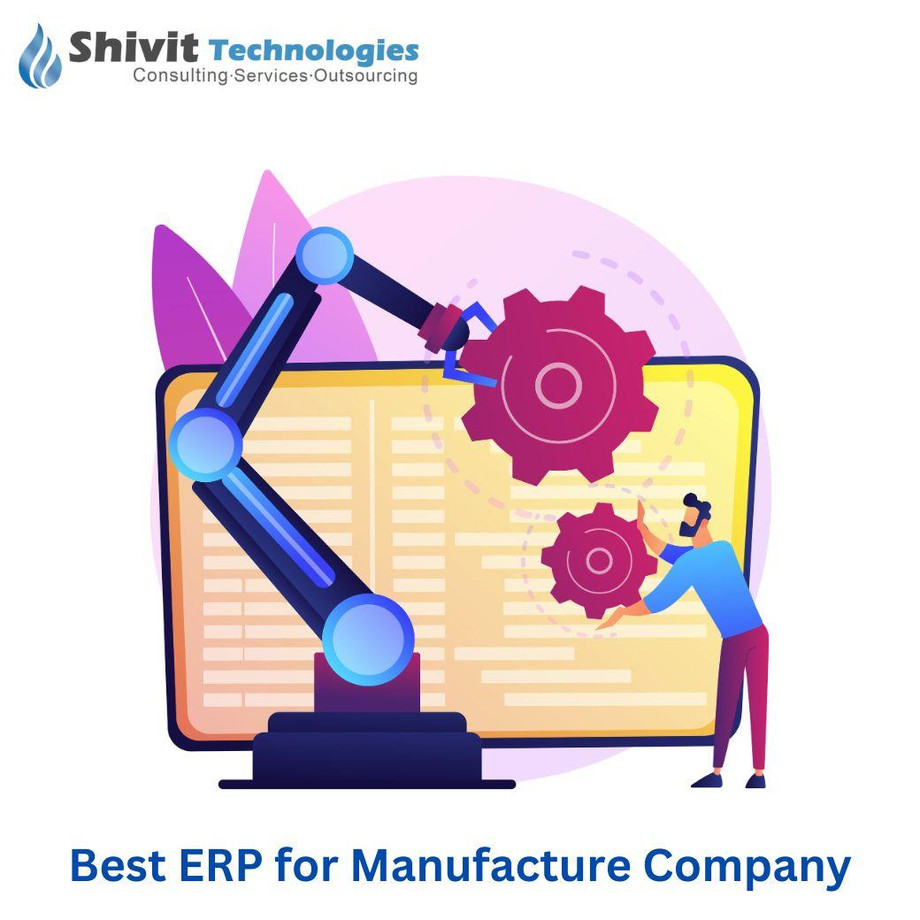Best >> ERP Software for Consumer Goods Manufacturers
How ERP Software Transforms Manufacturing Operations
In today’s competitive manufacturing landscape, companies face a myriad of challenges ranging from complex supply chains to stringent quality requirements. Enterprise Resource Planning (ERP) software has emerged as a game-changer for manufacturing firms, offering a range of benefits that can significantly enhance operations and drive success. This article explores how ERP software transforms manufacturing processes and addresses the unique needs of different sectors within the industry.
1. Comprehensive Process Visibility
One of the primary advantages of best ERP software for manufacturing companies is its ability to provide end-to-end visibility into operations. By integrating various functions—such as procurement, production, inventory management, and distribution—ERP systems offer a unified view of processes. This visibility allows companies to monitor workflows, identify bottlenecks, and optimize operations for greater efficiency.
2. Improved Productivity Through Automation
ERP software automates numerous routine tasks, which helps reduce manual errors and frees up employees to focus on more strategic activities. Automation in areas like procurement, production planning, and quality control not only improves productivity but also ensures that resources are used efficiently. This leads to smoother operations and a more streamlined production process.
3. Advanced Inventory Management
Effective inventory management is crucial in manufacturing to balance the availability of materials with production needs. ERP systems provide advanced inventory management features that enable real-time tracking of stock levels, management of stock movements, and reduction of holding costs. These tools help companies maintain optimal inventory levels, minimize waste, and avoid production delays.
4. Enhanced Supply Chain Coordination
A well-functioning supply chain is essential for manufacturing success. ERP software facilitates better coordination with suppliers and improves demand forecasting. By optimizing procurement processes and enhancing communication, ERP systems help manufacturers ensure timely production and delivery of products, meeting customer expectations and staying competitive.
5. Real-Time Data and Analytics
Making informed decisions is critical in manufacturing, and ERP software provides the necessary tools for data-driven decision-making. Through real-time data and comprehensive analytics, ERP systems offer insights into trends, forecasts, and performance metrics. These insights enable manufacturers to make strategic decisions that drive growth and efficiency.
6. Ensuring Quality Through Integrated Management
Quality assurance is a major concern for manufacturing companies, and ERP software supports this through integrated quality management features. These features facilitate systematic quality checks and ensure compliance with industry standards. By maintaining high product quality, manufacturers can meet customer expectations and uphold their reputation in the market.
7. Scalability and Flexibility
Manufacturing businesses often experience growth and change, and ERP software is designed to scale with these evolving needs. Modern ERP systems offer flexibility, allowing companies to expand functionalities and add users as required. This scalability ensures that the ERP system continues to support the business as it evolves.
8. Compliance and Data Security
Navigating industry regulations and ensuring data security are critical for manufacturing companies. ERP software includes features that help manufacturers stay compliant with legal requirements and protect sensitive information. Robust compliance and security measures are integral to maintaining operational integrity and safeguarding business data.
Conclusion
ERP software has become an indispensable tool for manufacturing companies seeking to enhance their operations. By offering comprehensive visibility, automating processes, optimizing inventory management, and improving supply chain coordination, ERP systems drive productivity and efficiency. Additionally, real-time data and analytics, quality management, scalability, and robust compliance features make ERP solutions essential for navigating the complexities of the manufacturing industry.

Comments
Post a Comment